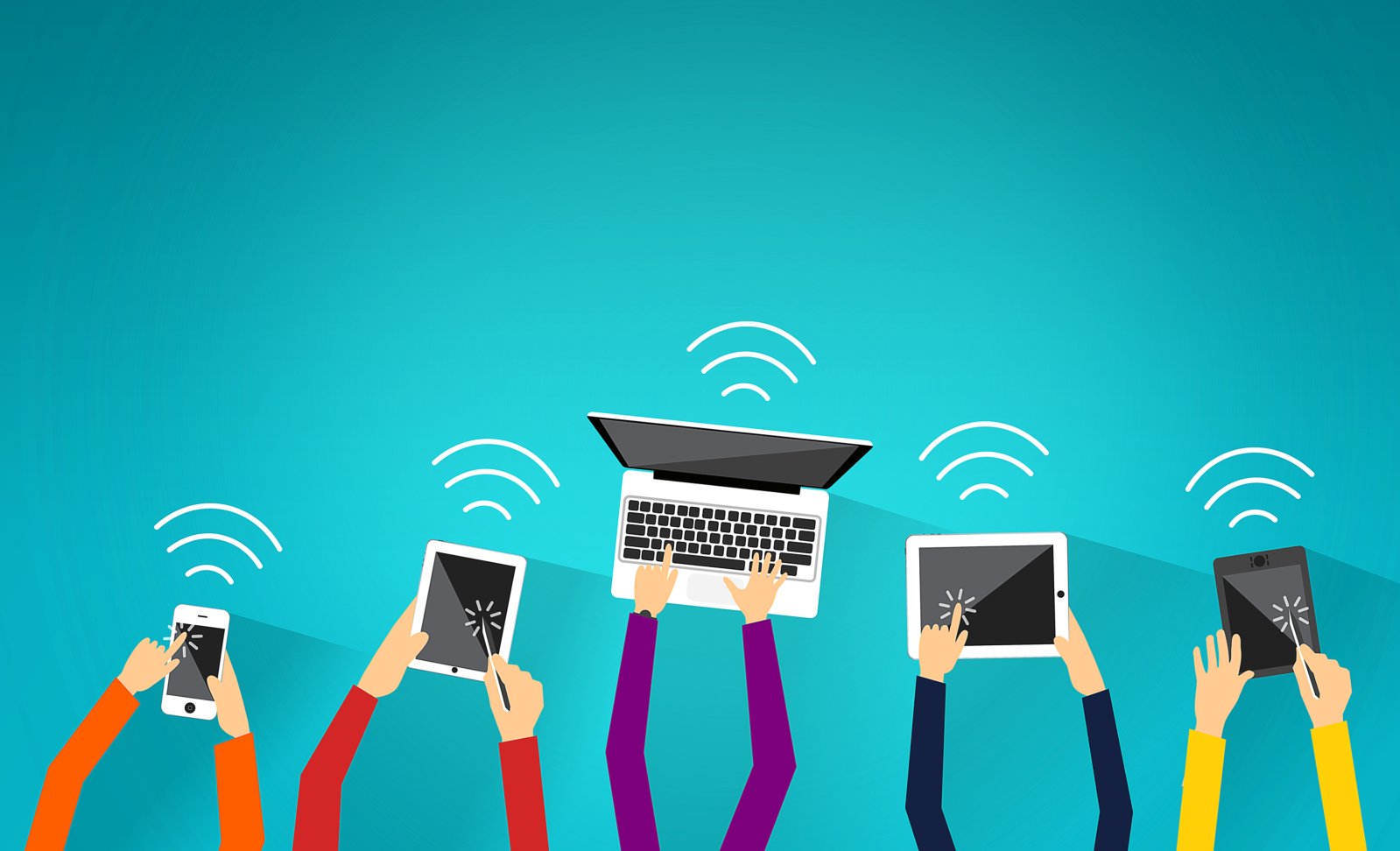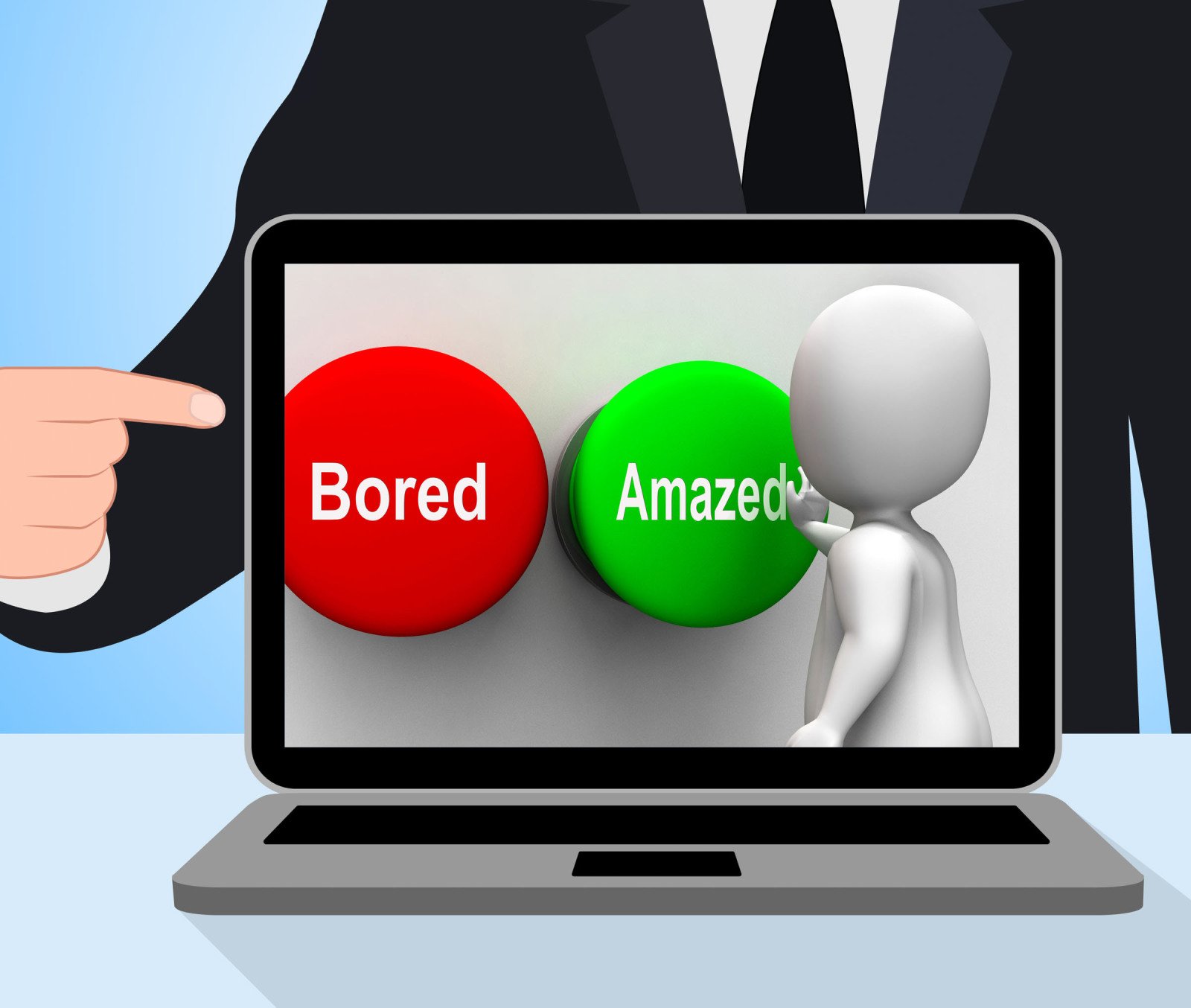A response to the thought-provoking article The Bleak Truth About How We Spend Our Time by Stuart Whatley, published in Business Insider this July.
Weaving through a penny candy store of delights, entwining Willam James with Nabokov, Whatley paints a foreboding picture of a society exchanging enjoyment for an addictive and unconscious relationship with technology. He says "we are using our free time to effectively shorten our lives."
The story begins with clocks.
It's the Industrial Revolution. Peasants file into factories, from sun time to clock time.
Clocks helped to quantify labor time and demarcate work and leisure for the lower and middle classes. But they also redefined work itself, which came to be seen less as a measure of the number or quality of goods a worker produced, and more as the raw time that a worker put in.
They became clock watchers. In a way it never had been before, time became valuable.
Then, technology blossomed into a golden age of productivity as personal computers shrank into smart phones. Yet, Whatley writes, "One of the most ironic paradoxes of our time is this great availability of leisure that somehow fails to be translated into enjoyment." By over-exerting themselves in pursuit of increasing efficient productivity, workers have forgotten how to enjoy the moments of relaxation they have.
Productivity-enhancing technologies don’t make us any less busy because they are too often designed and marketed not to free us up, but to enable us to take on more — more work, and more entertainment.
As these new technologies continue to colonize our leisure time just as clocks did with work, we should consider their risks as well as their benefits in light of how we process meaningful experiences.
To summarize, Whatley argues that, in spite of leisure time, people today aren't achieving enjoyment or creating meaningful experiences. As Evgeny Morozov explains in Only Disconnect
Information overload can bore us as easily as information underload. But this form of boredom, mediated boredom, doesn’t provide time to think; it just produces a craving for more information in order to suppress it.
The same way factory work lends itself to a constant awareness of how long until lunch and beer thirty, leisure activities that center on watching videos and scrolling lend themselves to diminished attention, to a habit of unfulfillable seeking. But there's a bright side:
We are fidgeting with awareness of the power of our connectivity.
How do we process meaningful experiences? How can our digital life be maximally meaningful so that we don't fall into the mistake of letting Silicon Valley enslave us with digital Slurm as Nir Eyal recommends in Hooked: How to Build Habit-Forming Products?
What can be achieved right now through social network technology is mind-boggling. In his talk on the Creator Economy for the Long Now, Paul Saffo recounts the history of our economy as transitioning from a
producer economy in response to a scarcity of stuff to a
consumer economy in response to a scarcity of desire to a
creator economy in response to the scarcity of engagement.
From sun time to clock time to facetime. The only time is now. It's just like Alan Watts warned us. We're living as gods in a paradise where we can videotape ourselves painting our nails for a living, if we get creative.
To some extent, being engaging can be a quality of content, the way it is a quality of the hostess of a party. The degree to which she can connect with others, relate, stimulate and enjoy, is the degree to which she will "be the life of" the party. But it's not her fault if a guest shows up in a state of exhaustion. The same media that may offer stimulation when one has the energy for them just can't when one is wiped.
One engages actively or can't be said to be engaging at all.
A year ago I was asking myself "what is content?" and arriving at the dismal conclusion: mostly advertising. This is true whether the persuasive end is to alter belief, instill activism or promote a product. However, Whatley references the work of psychologist Mihaly Csikszentmihalyi to suggest that the experience of quality content is "achieving flow: the state in which people are so involved in an activity that nothing else seems to matter; the experience itself is so enjoyable that people will do it even at great cost, for the sheer sake of doing it.” So much better than not being able to find anything to watch.
When something requires all of your attention, as work is supposed to, as art is supposed to, it rewards engagement with connectivity, new ideas and the promise of catalytic potential. As Gayatri Devi says, Thinking Is the Best Antidote to Boredom.
It gets even better:
According to the social psychologists Philip Zimbardo and John Boyd, in The Time Paradox, “In general, the more cognitive processing you do within a given period, the more time you judge to have passed.”
The more engaged a person is, the longer they will feel their life has been.
Interpret boredom as a resisted signal to rest. When staring at a screen that is no longer peaking interest, it was time to go to bed a while ago. Rest without distraction and you'll engage more energetically, make clearer memories, and perceive more length to your days.
For more scientific reading on the study of boredom, Maggie Koerth-Baker's Why Boredom Is Anything But Boring from Scientific American is broad and deep in spite of concluding that "investigators need better ways to measure boredom and more reliable techniques for making research subjects feel bored in the lab."




